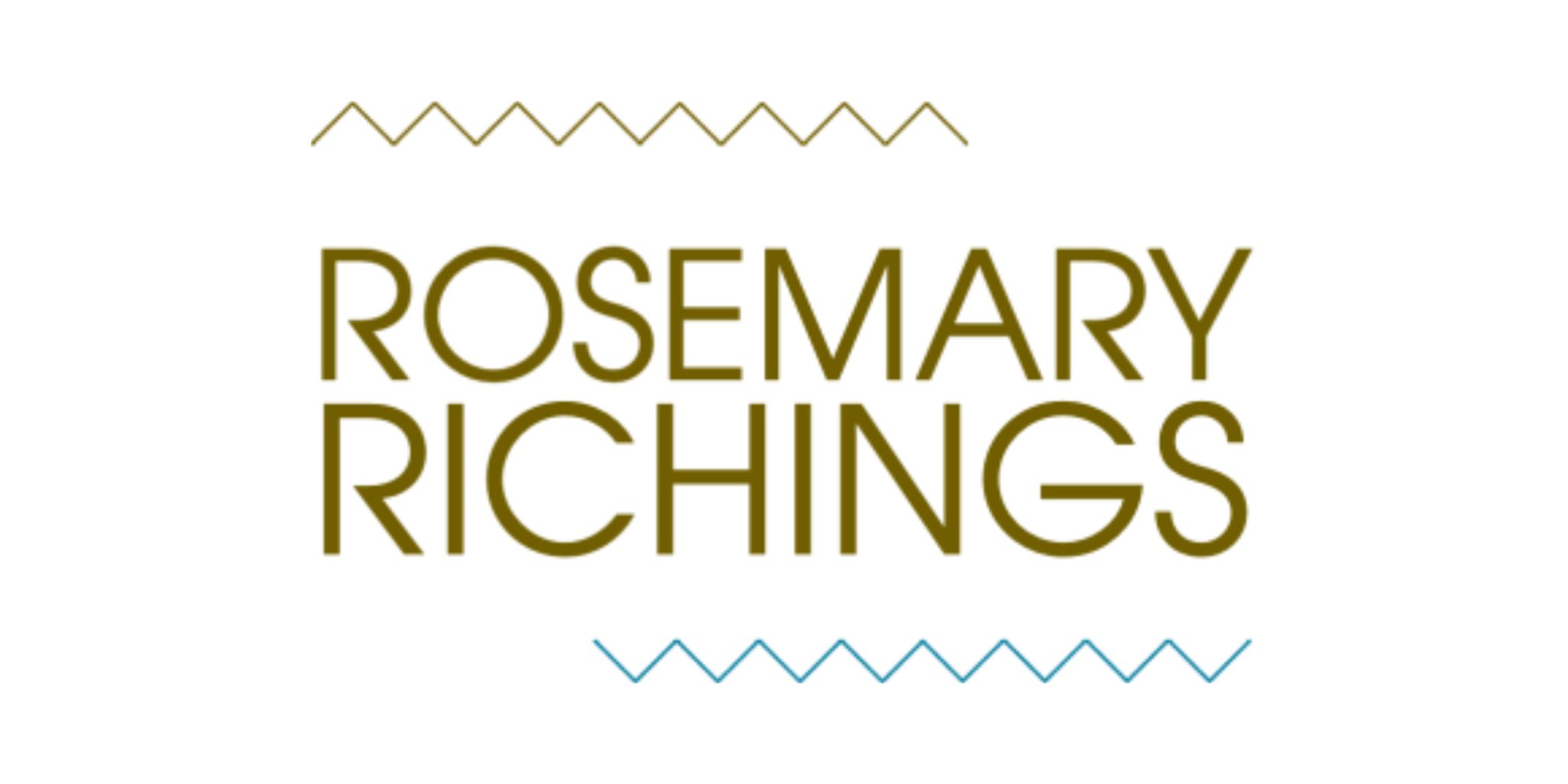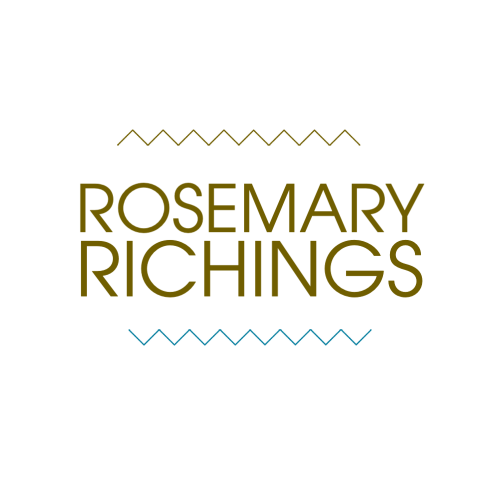In 2019 I started to write a book
One year later, I finished that book and pitched it to agents and publishers. The reality of publishing at the time made it seem like the right time to get my story in the hands of publishers. According to Statista:
Movements like Black Lives Matter shone a light on the disparities amongst employees. It also shone a light on the disparities of the books which make it onto store shelves.
Books by diverse authors were suddenly as in-demand as zombie and vampire stories. This emerging trend was good news for me because I was born with a type of neurodivergence called dyspraxia. Dyspraxia impairs my coordination of movements, along with my sense of space and time. The emphasis on diversity made me believe that everything was about to change, even though I’m a cautious realist.
How demographics make things difficult for disabled authors
The key findings of the Lee and Low publishing survey reveal a lot about who is working in the industry right now:
“89% of publishing industry employees who participated in the survey were non-disabled. 90% of non-disabled publishing industry executives participated in the survey. The most disabled people surveyed were interns (22%) and book reviewers (19%).”
A big part of the problem is the barrier to entry. A lot of publishing houses aren’t accommodating enough towards their disabled employees. Especially if reaching your earning potential through more senior positions is your goal. Creative Access supports the representation of underrepresented groups in creative industries. On their blog, they recently featured three disabled publishing industry professionals. Many of the interview subjects had stories of disability-based discrimination at work.
My first rejection letter was a genuine reflection of this reality. I decided to query this agent because she wanted to represent a diverse author. Diverse should include disabled people, we are 15% of the global population.
My book is a lived experience perspective on my neurodivergence. The literary agent I reached out to saw my story as: “Not compelling enough for mainstream audiences.”
In my freelance work, this behaviour is a deal-breaker and enough for me to cut ties with a potential client. Often it’s a sign a company or publication has an ableism problem. It’s a subtle code for anything that challenges the expectations of non-disabled people.
I also knew so well that the quality of my work wasn’t the reason I heard the word ‘no’ a lot. Before I sent my first query, my book went through publishing professional mentorship. After extensive research, I learned that plenty of dyspraxia books were out there. None of these books were on New York Times bestseller lists, but there was still a market available.


